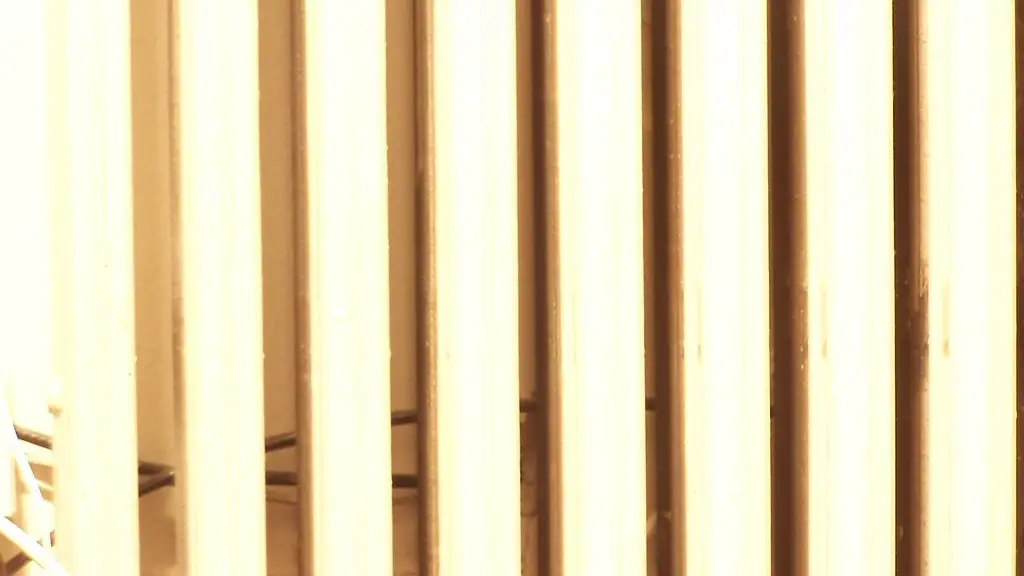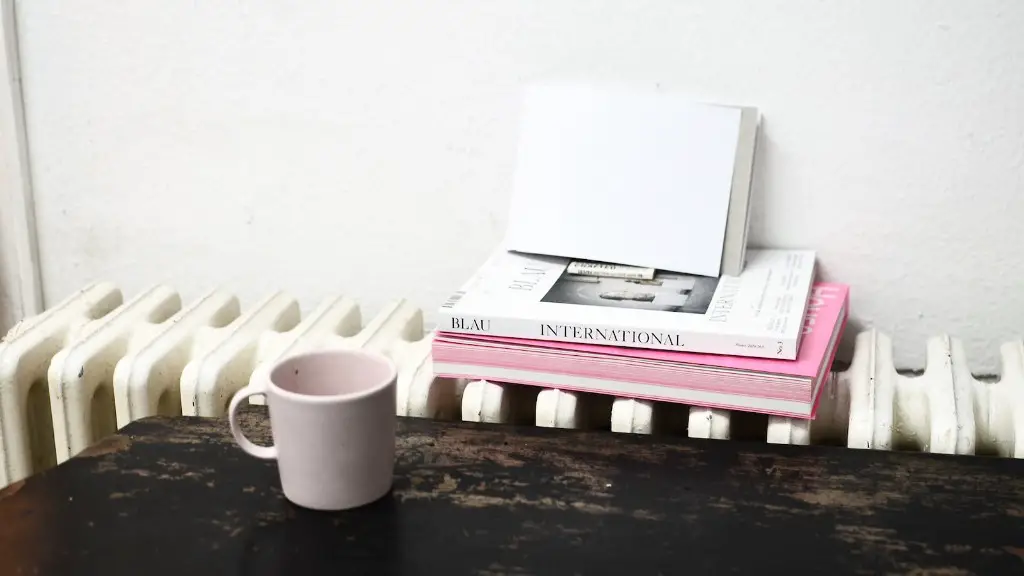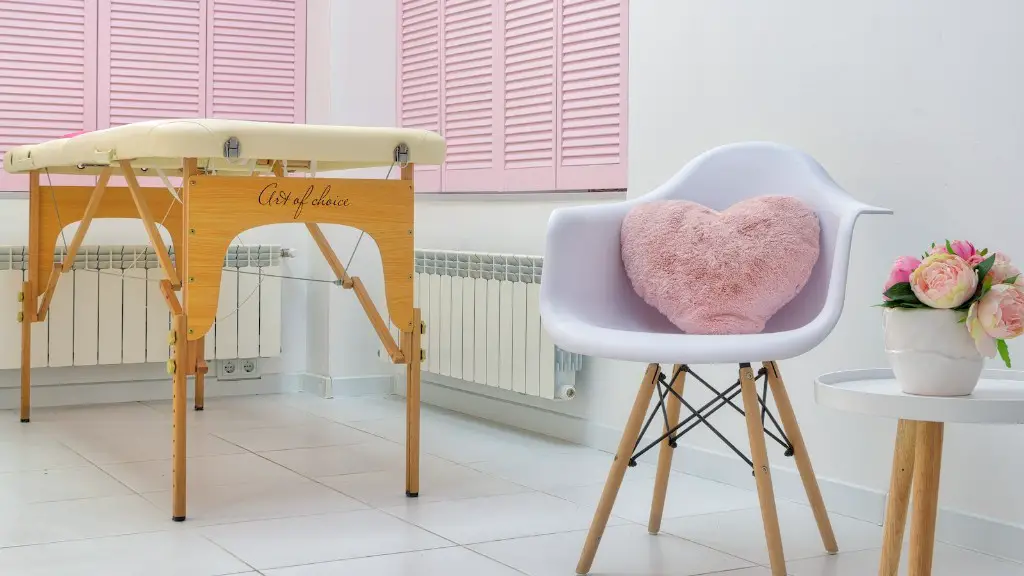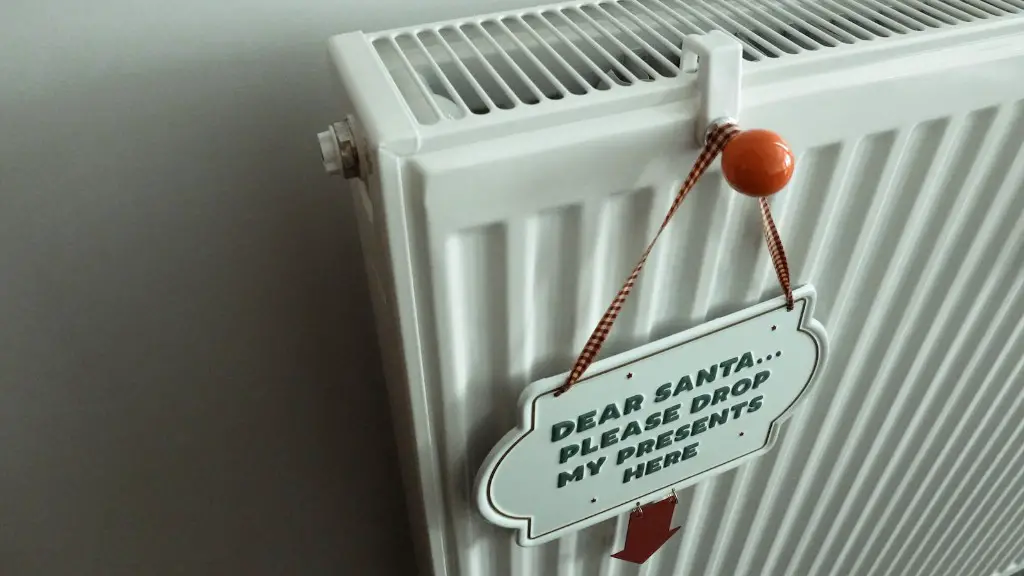A bad radiator can cause transmission problems because the fluid in the radiator can leak into the transmission. This can cause the transmission to overheat and break down.
A bad radiator can causeoveheating of the engine, which can lead to transmission problems. If the engine overheats, it can cause the transmission fluid to break down, which can lead to transmission failure.
Can a radiator cause a transmission to slip?
If your radiator has a transmission cooler attached to it and is leaking coolant, it will dilute the transmission fluid and cause a slip. Similarly, if the transmission cooling lines that attach to the radiator are leaking, it will also cause a slip.
The cooling line for the transmission runs to the radiator so that the fluid can be cooled. This is important because it helps to keep the transmission fluid at a consistent temperature, which is necessary for proper operation.
What problems can a bad radiator cause
If you notice any of the following four signs, it’s likely that you have a bad or failing radiator:
1. Your vehicle is overheating
2. Your vehicle is leaking coolant
3. Sludge build up in your radiator
4. Low coolant levels
The radiator is the largest component of your vehicle’s cooling system, and it is responsible for keeping the transmission fluid and engine oil cool. The radiator is connected to the transmission and the engine’s oiling system, and it is made up of smaller radiator parts that help keep the fluid and oil cool.
What are the signs of a blown radiator?
If you notice any of the above symptoms with your radiator, it is likely that it has failed or is failing. You should take your car to a mechanic as soon as possible to have it checked out and repaired.
If your car’s temperature gauge is reading higher than normal, it could be a sign that your radiator is clogged or bad. Other signs of a clogged or bad radiator include leaking coolant, radiator hose troubles, a change in coolant color, and bent or broken radiator fins. If you notice any of these symptoms, take your car to a mechanic to have it checked out.
Does radiator cool down transmission?
A transmission cooler is a small radiator located in front of the main radiator that helps to cool the transmission fluid. The transmission fluid helps to cool and lubricate the transmission. The cooler helps to keep the transmission fluid from overheating and breaking down.
If your radiator isn’t working properly, the heat from your engine won’t be able to escape. This can result in your car overheating. If this happens, the excess heat can severely damage components in your vehicle. The resulting damage may end up costing a considerable amount of money to repair.
Will a car run better with a new radiator
Hi,
If you’re looking to upgrade your car’s radiator, performance radiators made out of aluminum are a great option. They help your car stay at the optimal temperature for producing horsepower, without causing too much wear and tear. Older radiators were made out of copper and brass, but aluminum radiators are much more durable and efficient. So if you’re looking for a radiator upgrade that will improve your car’s performance, go with an aluminum performance radiator.
If you notice your engine is running hotter than usual, or if the temperature gauge in your vehicle is higher than normal, it could be a sign that your radiator is cracked and needs to be replaced. A cracked radiator can prevent the coolant from properly circulate and cooling the engine, which can cause the engine to overheat.
What happens if you drive with a messed up radiator?
If your vehicle’s radiator fails, it is important to contact your local Rad Air as soon as possible. Driving with a broken or cracked radiator can be very dangerous and can cause your engine to overheat. We recommend you have your cooling system checked as soon as you suspect a problem to avoid any potential accidents or engine damage.
If you are experiencing any of the above issues, it is possible that you need a new radiator.
Is radiator part of engine or transmission
A radiator is a key part of a car’s cooling system, which helps to remove excess heat from the engine. The cooling system also includes a liquid coolant, hoses to circulate the coolant, a fan, and a thermostat that monitors the coolant temperature. Radiators are usually made of metal, and they use either air or liquid to cool the engine.
There are a few common problems that can occur with radiators:
1) The radiator has hot and cold patches: This is a very common problem that is fortunately very easy to solve. Simply bleed the radiator to release any trapped air and the problem should be solved.
2) One radiator won’t get hot: This is another fairly common problem. Again, the solution is to bleed the radiator to release any trapped air.
3) Radiators are warm but not hot: This is usually caused by a build-up of sludge or corrosion in the radiator. The solution is to have the radiator cleaned and serviced.
4) A leaky radiator valve: This is a fairly easy problem to fix, simply replace the valve.
5) Radiators are cold and hot taps are cold: This is usually caused by a problem with the central heating system, such as a faulty pump or a blockage in the pipes. The solution is to have the system checked and serviced by a qualified engineer.
How much does it cost to fix a radiator?
If your radiator is in need of repair, the costs can vary depending on the fix required. Simple fixes, such as bleeding the radiator, may cost only around $100. However, a more complex repair, such as a complete pipe repair in a hard-to-reach area, could cost upwards of $550. Therefore, it is important to consult with a professional to determine the extent of the damage and the necessary repairs.
An upgraded radiator is a necessary component for a more powerful engine, as it will produce more heat. With proper maintenance, a radiator can last anywhere from 3 to 8-10 years.
Will a coolant flush unclog a radiator
To unclog the radiator, you will need to drain out the old coolant, then force water through the radiator to flush out the sediments. Refill the radiator with fresh radiator coolant fluid that contains antifreeze, and your radiator will be good to go for another few years!
If your radiator has a lot of debris and sludge built up, you can try moving the hosepipe around to loosen it up. If you have a rubber hammer, you can also gently tap the bottom of the radiator with a soft dust cloth to help dislodge any built up material. Repeat this process by attaching your hosepipe to the other inlet and running it until the water is clear again.
Final Words
A bad radiator can cause transmission problems because the transmission fluid can overheat and break down, which can lead to transmission failure.
Based on the research, it appears that a bad radiator can cause transmission problems. The transmission may overheat and cause the transmission fluid to break down. This can lead to transmission failure.





